Publications
Articles, publications, books, tools and multimedia features from the U.S. Institute of Peace provide the latest news, analysis, research findings, practitioner guides and reports, all related to the conflict zones and issues that are at the center of the Institute’s work to prevent and reduce violent conflict.
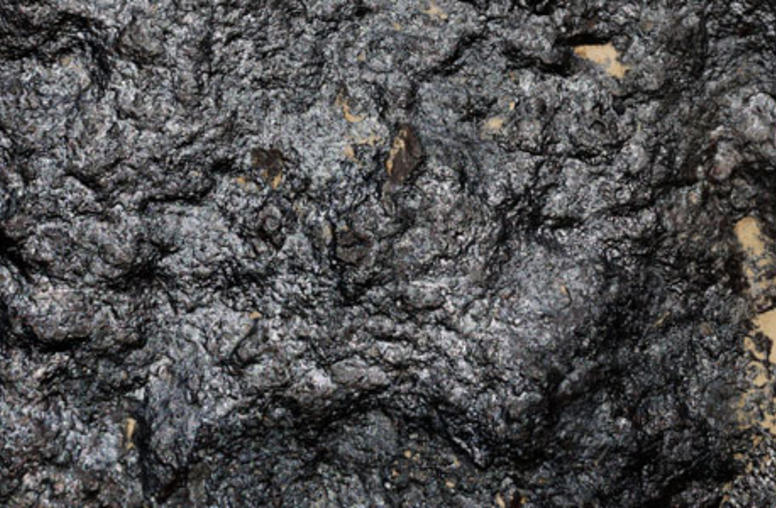
Sanctions and Saber-Rattling
As part of its expertise on conflict management and resolution, the U.S. Institute of Peace focuses on how resources can be a source of division and conflict, and how to mitigate such potential problems. With tensions on the rise in the Middle East, and the jump in gas prices, USIP’s Raymond Gilpin addresses the immediate issues facing the U.S. and the world regarding the cost of oil.
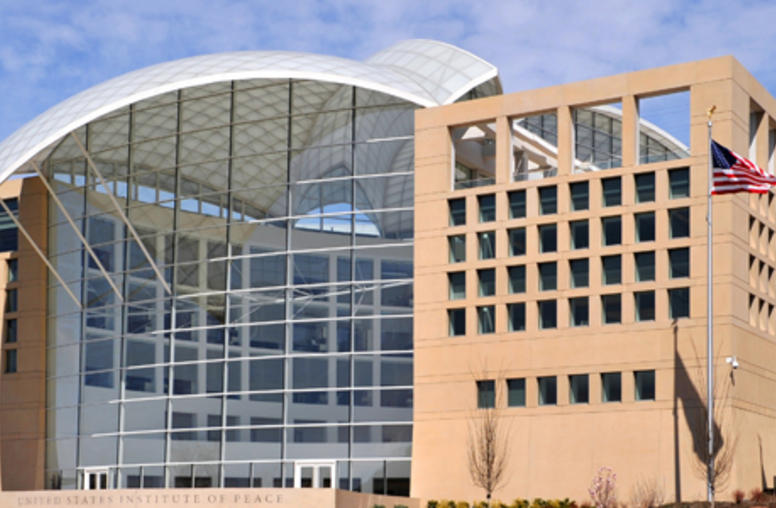
Vermont: A Model Peacebuilding State
In an age of international conflict and crisis, active peacebuilding is underway in America to advance national security and find alternatives to violence around the world. That includes Vermont, where last week USIP’s Special Assistant to the President for Grants and Middle East specialist Steve Riskin led the USIP New England Regional Grants Development Workshop and a public discussion on developments in the Middle East.
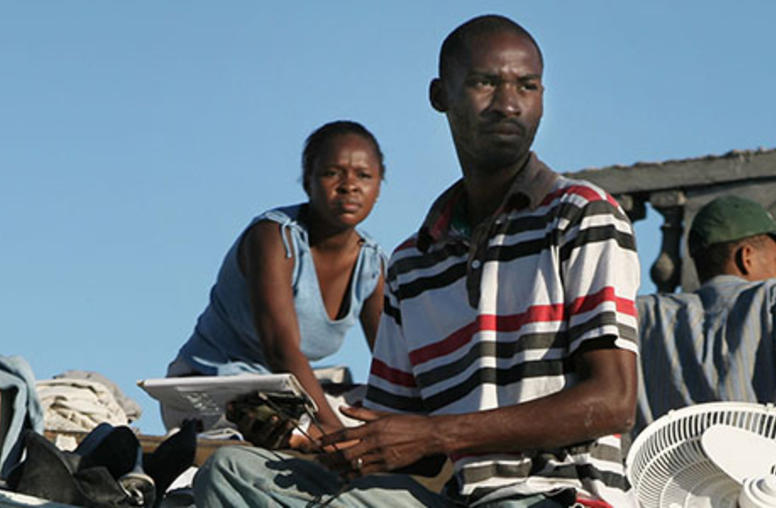
Haiti's Prime Minister Resigns
Under pressure from President Martelly, Haiti’s Prime Minister Garry Conille resigned after only four months in office, plunging the country into another political crisis. We asked Robert Perito, director of USIP's Haiti Program, what happens next in the western hemisphere's poorest nation?
Training Iraqi Police: Lessons Learned from the Field
The United States Institute of Peace (USIP) and the Institute for the Study of War co-hosted a critical lessons learned forum on policing in Iraq moderated by Robert Perito, director of USIP's Security Sector Governance and author of the new Special Report, “The Iraq Federal Police: U.S. Police Building Under Fire.”
U.S.-North Korea Agreement: A Breakthrough?
John Park, a senior program officer who directs USIP’s Korea Working Group, analyzes the U.S.-North Korea agreement announced on February 29. The North Koreans will suspend nuclear activities at its Yongbyon complex and long-range missile tests, and the U.S. will provide 240,000 tons of nutritional assistance to North Korea. While it may not be a breakthrough, this agreement does constitute a modest initial step forward in dealing with North Korea.
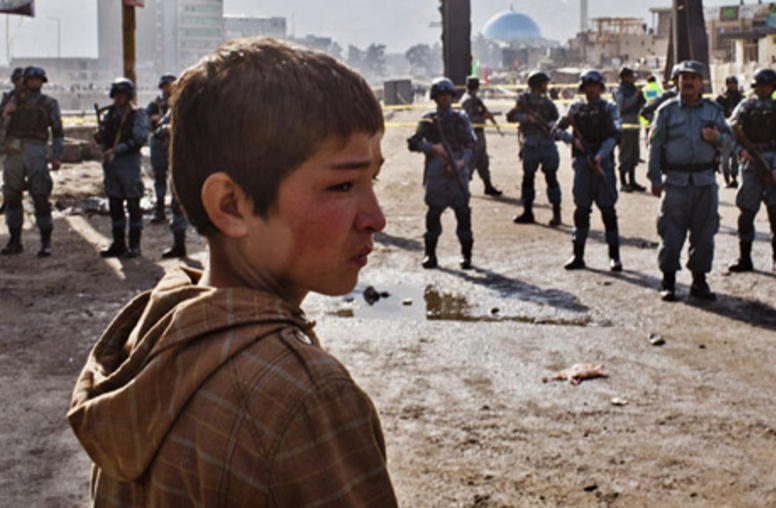
In Afghanistan, Creating Effective Advisers for Times of Crisis
USIP's Nadia Gerspacher explains the value of programs that help build the Afghan ministries in the wake of troubling reports from Afghanistan.
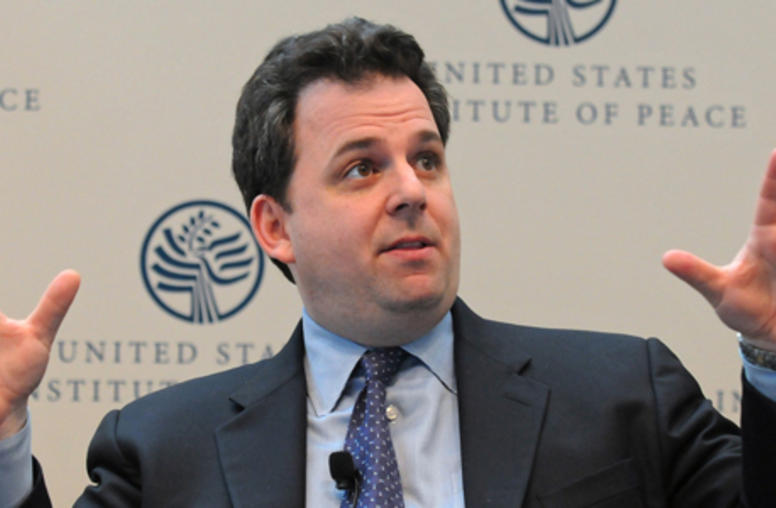
State’s Shapiro, at USIP, Outlines U.S. Policy on Peacekeeping
Calling United Nations and regional peacekeeping a “strategic priority” and a cost-effective way of bolstering U.S. national security, Assistant Secretary of State for Political-Military Affairs Andrew Shapiro laid out U.S. policy for expanding the number and capabilities of peacekeepers deployed to conflict zones before an audience at the United States Institute of Peace (USIP) on February 27.
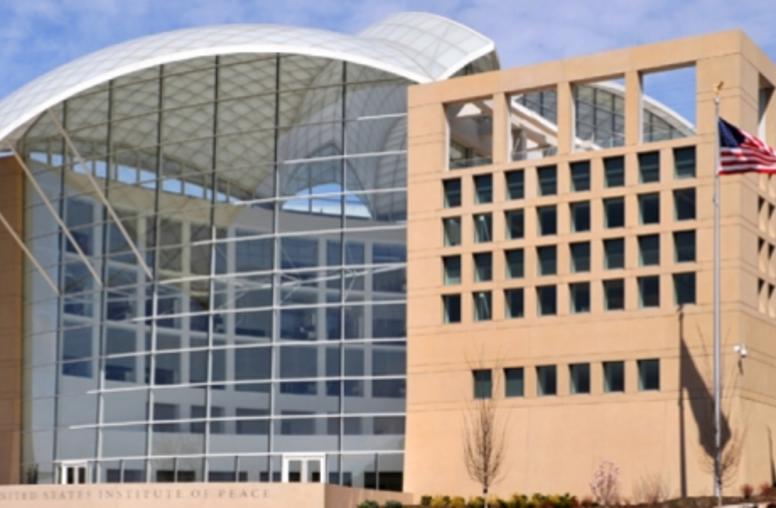
Ensuring Effective Peacebuilding
How do you know whether bringing together key figures in a community did indeed prevent violence in a strategically located Afghan village? More broadly, how do you measure the success of peacebuilding initiatives, especially when there are many variables that go into conflict prevention and management?
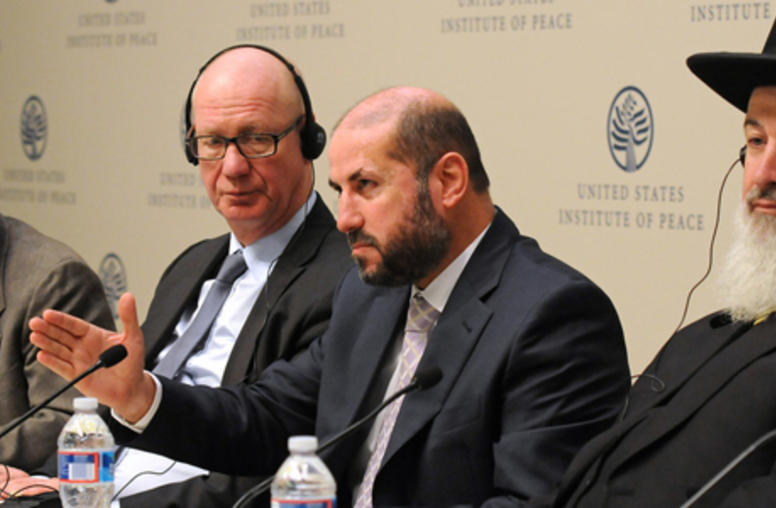
Holy Land Faith Leaders at USIP Discuss Building Peace
With the diplomatic peace process between Israelis and Palestinians at a standstill and religiously motivated attacks on the rise, a delegation of senior religious leaders from the Council of Religious Institutions of the Holy Land (CRIHL) gathered at the U.S. Institute of Peace (USIP) on February 28 in a public demonstration of their intention to continue efforts to foster interfaith peace.
USIP Roundtable Discussion on the Koran Desecration Issue in Afghanistan
The importance of USIP’s convening authority and its unique expertise in religion, peacebuilding, Afghanistan, and conflict management training was evident in a closed-door session between leading religious leaders, scholars, practitioners and representatives from the U.S. government on Monday, March 5, 2012.